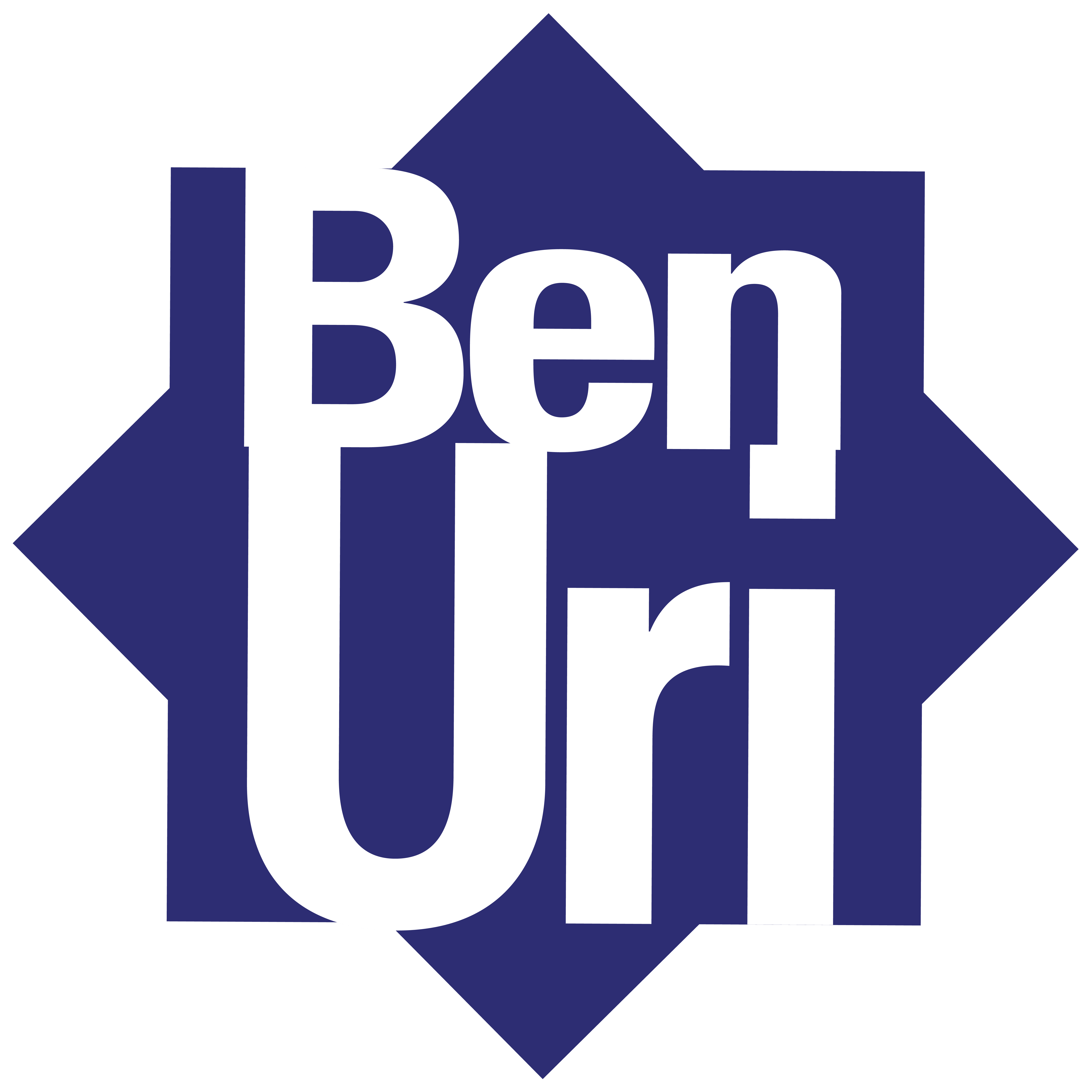Shmuel Dresner 1928-2019
The Ghost Town is a collaged landscape comprising numerous pages of text ripped from books: one in English, one in Yiddish, then burned and arranged to overlap to suggest an area of ‘land’: plain pages at the top indicate the ‘sky’ and a circular piece of text represents the sun. There are no trees or discernible signs of life. The faded and burnt pages lend the image a sepia quality, much like an old photograph, apart from a few spots of purplish-red. The area of ‘land’ fills over two-thirds of the paper, showing a jagged horizon high up on the page and positioning the viewer at a relatively low point, from which the landscape appears vast and dominating. Although the sun suggests a daytime setting, the absence of colour prevents us from knowing the season, but the charcoal tones and burnt areas give an impression of aridity: a parched landscape. Some of the fragments exhibit holes and scorch marks with the burns creating shadows and definition, particularly around the sun and the line of the horizon.
The first Nazi book burnings took place in 1933 and were a prelude to an era of state censorship in which any literature deemed unsuitable or against Nazi ideals was burnt in ceremonial displays of national ‘cleansing’. Dresner directly references this by the use of pages from books, which he too has burnt. By including passages of Yiddish text, he is also drawing attention to the specific attack on Jewish culture, alluding not only to the texts that perished in the book burnings but also to the fate of all those who lost their lives in the Holocaust. The subject of loss is underlined by the title ‘The Ghost Town’ which suggests an empty town, where not only the inhabitants have left, are missing, or deceased, but whole areas, such as the Warsaw Ghetto were destroyed. The torn pages can be seen to represent the crumbling buildings of such a place, once occupied by Jewish people, but now burnt and devoid of life. It serves both as an important historical record and also as a poignant memento mori.


